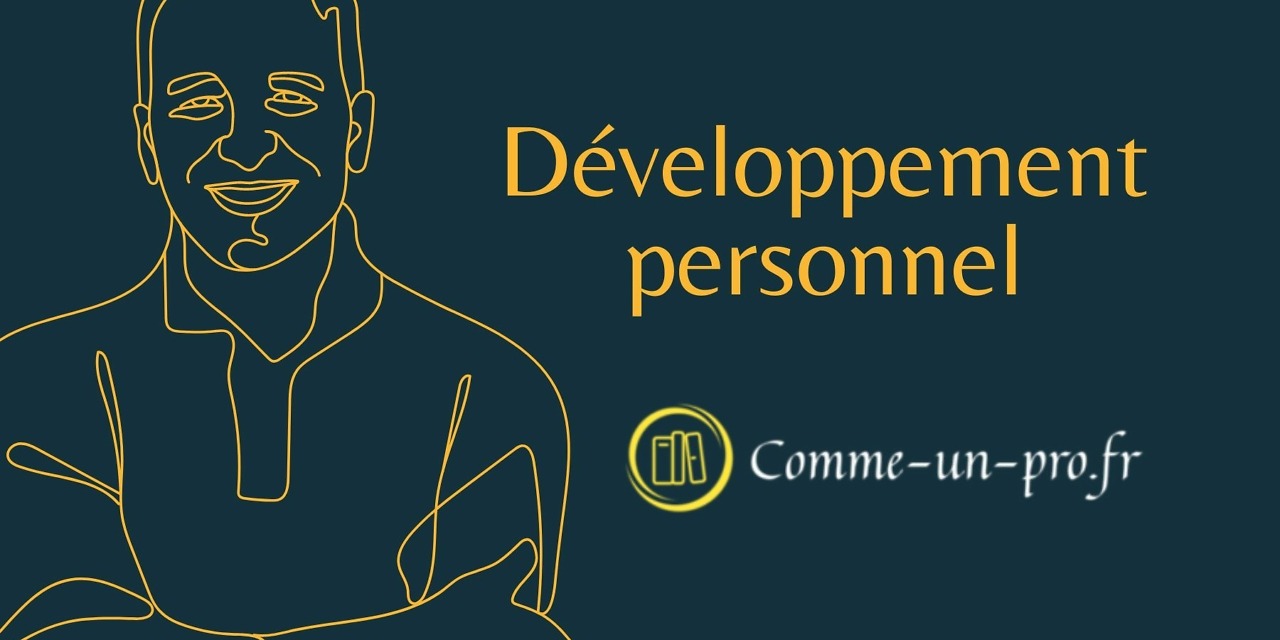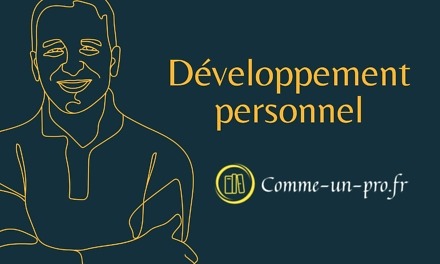Discover "The power of the present moment”: A guide to transcending your daily life
Modern life can often seem like an endless race towards ever more distant goals. It's easy to get lost in the hustle and bustle of daily obligations and lose sight of the importance of the present moment. This is where “The power of the present moment” by Eckhart Tolle, a transformative book that invites us to fully embrace the “now”.
In this guide, we'll explore key concepts from the book and give you practical tips for applying them to your own life. By focusing on the present moment, you can improve your mental, emotional, and spiritual well-being and change the way you see the world.
Taming the Wandering Spirit
One of Tolle's main teachings is the idea that our mind is often our biggest obstacle to inner peace. Our mind tends to wander, focusing either on regrets about the past or anxiety about the future, preventing us from fully living in the present moment.
Practicing mindfulness is an effective way to bring your mind back to the present. It's just about paying deliberate attention to what you're going through, without judgment. It can be as simple as focusing on your breathing, listening carefully to the sounds around you, or fully immersing yourself in a task.
accept what is
Another key teaching from Tolle is the importance of accepting the present moment as it is. This does not mean that you should be passive in the face of injustice or suffering, but rather that you should accept things as they present themselves to you in the moment.
Accepting the present moment can help you release the restlessness and stress that often comes from resisting "what is." It is an essential first step towards inner peace and a powerful way to live more consciously and intentionally.
By kissingThe power of the present moment“, you can begin to change your relationship with time, with your mind, and ultimately, with yourself. In the next section, we will explore in more detail how you can put these teachings into practice.
Cultivating awareness of the present moment: Transforming your life step by step
We've all heard of mindfulness, but do we really know how to put it into practice? “The power of the present moment” by Eckhart Tolle offers simple, yet deeply transformative ways to integrate mindfulness into our daily lives.
Breathing: the gateway to the present moment
One of the most effective and accessible techniques for practicing mindfulness is to focus on your breathing. When you're stressed, anxious, or overwhelmed, taking a moment to focus on your breathing can help you refocus. Mindful breathing brings you back to the present moment and helps dispel unnecessary thoughts and worries.
Mindfulness Meditation: A Tool for Awakening
Mindfulness meditation is another key practice Tolle recommends for cultivating mindful presence. This practice involves focusing on the present moment without judgment, simply observing what is happening within and around you. It can be practiced anywhere and anytime, and is a powerful tool for developing presence and peace of mind.
The observation of thoughts: creating a distance with the mind
Tolle stresses the importance of observing our thoughts without adhering to them. By observing our thoughts, we realize that we are not our mind. This awareness creates a distance between us and our mind, allowing us not to identify with our thoughts and emotions, and to live more freely and serenely.
These mindfulness techniques, while simple on the surface, can have a profound impact on your quality of life. By incorporating them into your daily routine, you can begin to live more present, mindful, and fulfilled.
Live fully in the moment: The concrete benefits of the present moment
Integrating mindfulness into your life can seem like a daunting task, but the benefits you get from it can transform your life in profound and lasting ways. In "The power of the present moment“, Eckhart Tolle explains how living fully in the moment can impact your life.
Improve your general well-being
One of the most obvious benefits of mindfulness is improving overall well-being. By grounding yourself in the present, you can reduce stress and anxiety, improve your mood, and increase your life satisfaction. Negative thoughts related to the past or the future lose their hold on you, allowing you to live in a more serene and balanced way.
Increase productivity and creativity
Being fully present can also increase your productivity and boost your creativity. By eliminating mental distractions, you can focus fully on the task at hand, resulting in higher quality work and greater efficiency. Additionally, mindfulness can unlock your creativity, allowing you to see things in a new light and find innovative solutions to problems.
Improve interpersonal relationships
Finally, living in the moment can improve your relationships with others. When you are fully present in your interactions with others, you are more attentive and more empathetic, which can strengthen your connection with them. Additionally, mindfulness can help you manage conflict more effectively, allowing you to respond rather than react impulsively.
In short, living fully in the present moment has many benefits. You don't have to drastically change your lifestyle to achieve this.
Building Your Mindfulness Routine: Tips for a More Present Life
Now that we've explored the many benefits of mindfulness, how can you incorporate this practice into your daily life? “The power of the present moment” by Eckhart Tolle offers simple yet effective strategies to help you build your own mindfulness routine.
Start with short moments
You don't need to spend hours in meditation to reap the benefits of mindfulness. Start with short moments throughout the day, even a minute of conscious breathing or careful observation can have a significant impact.
Integrate mindfulness into your daily activities
Mindfulness can be practiced anytime and anywhere. Try to incorporate it into your daily activities. It can be as simple as becoming aware of your breathing while waiting for the bus, or paying close attention to the feel of the soap on your hands while you're doing the dishes.
Practice acceptance
Another key aspect of mindfulness is acceptance. It's about accepting things as they are, without judgment or resistance. This practice can be particularly useful when you are faced with stressful or difficult situations.
Create a space for meditation
If possible, create a space dedicated to meditation in your home. It can help you establish a regular routine and strengthen your commitment to practicing mindfulness.
Mindfulness is a practice that develops over time. Don't be too hard on yourself if you find it hard to stay present at first. Remember, the journey to mindfulness is a process, not a destination.
Resources to deepen your mindfulness practice
The practice of mindfulness is a journey that requires commitment and patience. To support you on this journey, “The power of the present moment” by Eckhart Tolle is a valuable resource. However, there are many other resources that can enrich your practice and help you integrate mindfulness into your daily life.
Meditation apps and podcasts
There are tons of apps and podcasts dedicated to mindfulness and meditation. Apps like Headspace, Calm ou Insight Timer offer a variety of guided meditations, mindfulness lessons and self-compassion programs.
Mindfulness Books
There are also many books that delve deeper into the concepts of mindfulness and offer practical exercises for cultivating mindfulness.
Classes and workshops
Mindfulness classes and workshops are also available, both in person and online. These courses can offer you more personalized support and guidance in your mindfulness practice.
Mindfulness Communities
Finally, joining a mindfulness community can be a great way to stay engaged and motivated in your practice. These groups provide a space to share your experiences, learn from others, and practice together.
The important thing is to find the resources that resonate best with you and integrate them consistently into your life. Mindfulness is a personal practice and each individual will find their own unique path. We hope these resources will help you deepen your practice and reap the many benefits of a life lived fully in the present moment.
To go further in video
To conclude, we invite you to discover the book “The power of the present moment” by Eckhart Tolle through the video below. For a deeper exploration of his teachings, we recommend picking up the book, either in bookstores, second-hand, or in the library.


